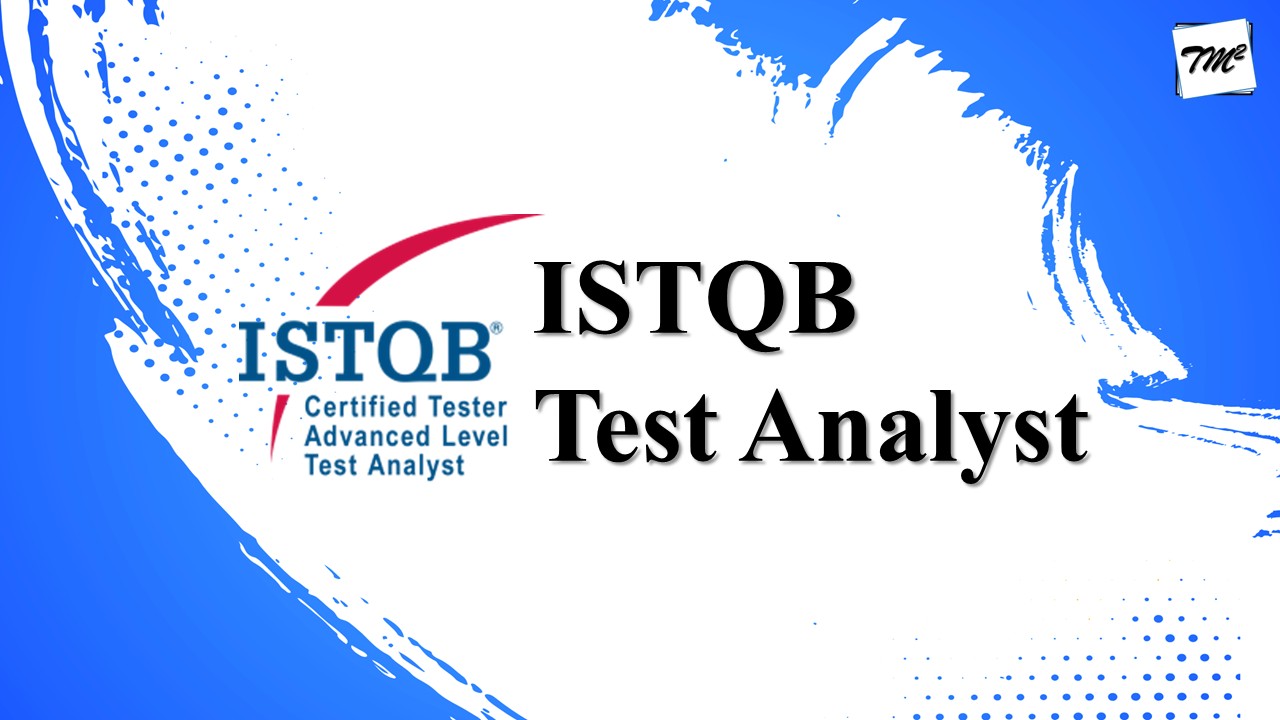The ISTQB® Advanced Level Test Analyst (CTAL-TA) certification provides the skills needed to perform structured and thorough software testing across the software development life cycle. It goes into detail about the test analyst’s role and responsibilities in every step of a standard test process and expands on important test techniques.

The Advanced Level Test Analyst certification is aimed at people who wish to further develop their skill of managing a test process including, efficient test case writing, Effective Test execution, Test Reporting, mastering Test Techniques and Defect Management.
To gain this certification, candidates must hold the Certified Tester Foundation Level certificate and have sufficient practical experience. Please contact an ISTQB® Member Board or Exam Provider to determine the specific practical experience criteria.
-> Introduction
-> Testing in the Software Development Lifecycle
-> Test Analysis
-> Test Design
• Low Level and High Level Test Cases
• Design of Test Cases
-> Test Implementation
-> Test Execution
-> Introduction
-> Risk Identification
-> Risk Assessment
-> Risk Mitigation
• Prioritizing the Tests
• Adjusting Testing for Future Test Cycles
-> Introduction
-> Black Box Test Techniques
• Equivalence Partitioning
• Boundary Value Analysis
• Decision Tables
• State Transition Testing
• Classification Tree Technique
• Pairwise Testing
• Use Case Testing
• Combining Techniques
-> Experience-Based Techniques
• Error Guessing
• Checklist-Based Testing
• Exploratory Testing
-> Defect Based Test Techniques
-> Applying the Best Technique
-> Introduction
-> Quality Characteristics for Business Domain Testing
• Functional Correctness Testing
• Functional Appropriateness Testing
• Functional Completeness Testing
• Interoperability Testing
• Usability Testing
• Accessibility Testing
-> Introduction
-> Using Checklists in Reviews
• Requirement Reviews
• User Story Reviews
• Tailoring Checklists
-> Introduction
-> Keyword Driven Automation
-> Types of Test Tools
• Test Design Tools
• Test Data Preparation Tools
• Automated Test Execution Tools